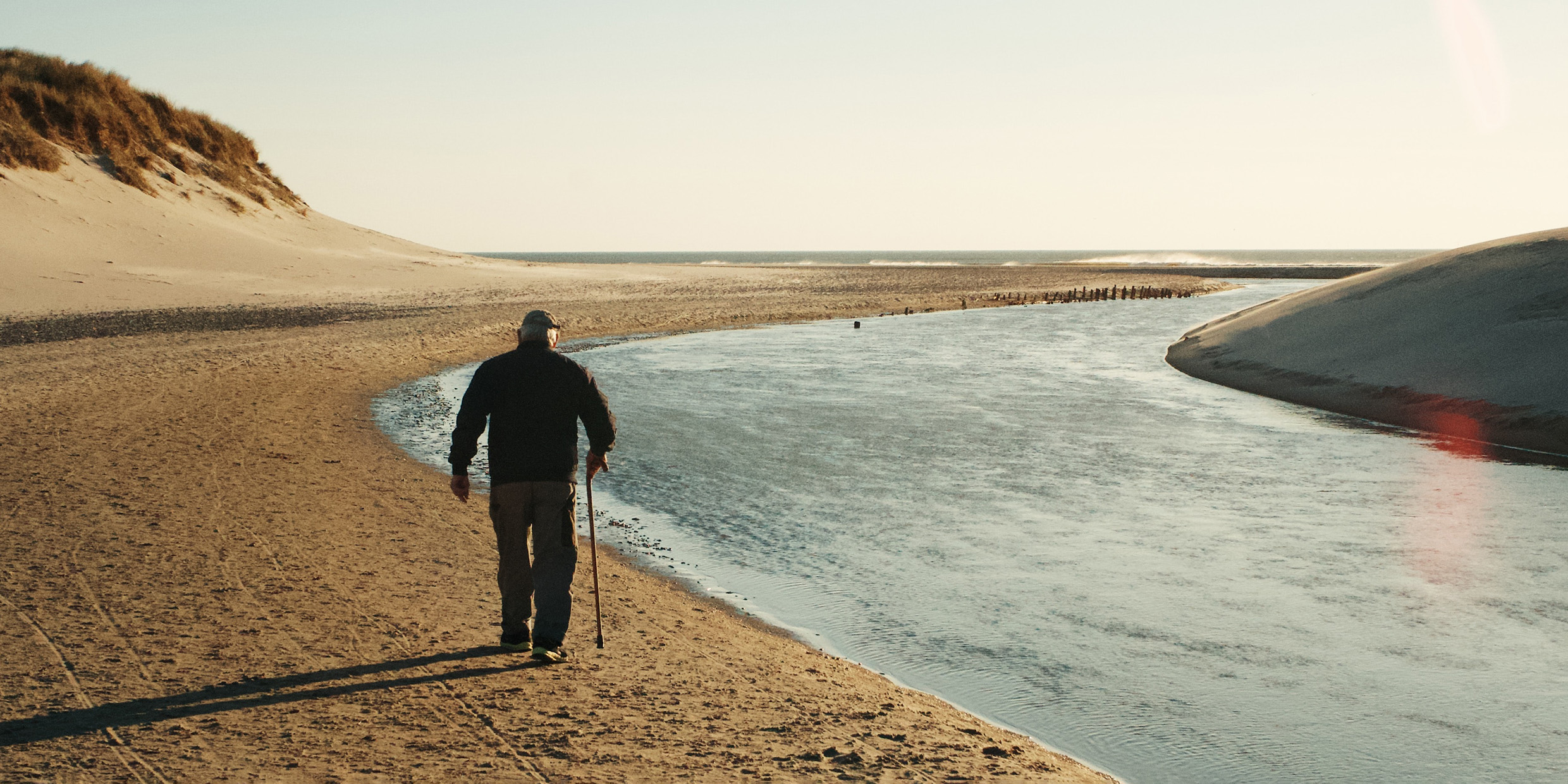Originally published 26 September 2004
The reading glasses go on at forty. Sex drive starts slipping at fifty. Memory is a problem at sixty. I’m waiting to see what happens at seventy.
A recent issue of the journal Science has a special section on “differential aging” — parts of the body wearing out at different times. Editor-in-chief Donald Kennedy introduced the section with Oliver Wendell Holmes’s story “The Deacon’s Masterpiece Or, the ‘Wonderful One-Hoss Shay’.” A shay is a kind of carriage, and the deacon’s was designed so that every part wore out at the same time. “All at once and nothing first — just as bubbles do when they burst.”
That’s the way we’d want it, isn’t it. A nice long lifetime of everything functioning perfectly, then—pop.
I resonated with the Holmesian metaphor because my mom used to always quote that line. At 91, she is now pretty much confined to a bed, but her mind is sharp, and I dare say she could quote the Holmes story from memory.
Meanwhile, I’m fairly fit, but I spend an inconvenient amount of time trying to remember where I put my reading glasses.
Mom and I have discovered that our minds and bodies are not like one big bubble that bursts all at once, but rather like a foam of tiny bubbles that start popping at forty—pip, pip, pip, pip, pip…
What’s wrong? Isn’t natural selection supposed to optimize these things? Senescence — getting old — has been shown to have, at least partly, a genetic basis; why haven’t those pesky genes been selected out of existence?
Where is Darwin when we need him?
Wouldn’t a long-lived, reproductively-active guy be the fittest of all, best able to spread his genes throughout a population? A sixty-eight-year-old man who is sharp-sighted, virile, and quick-witted would seem to be an inevitable result of natural selection.
So what’s the deal? Why am I a blurry-eyed, ho-hum, forgetful?
The answer may be very simple: Within most populations of animals in the wild, predators drastically reduce the number of survivors before senescence takes its toll.
For example, lapwings (Old World birds related to plovers) have a maximum life span of about ten years, but only one bird in ten makes it half that far. Nature is red in tooth and claw — so red that for most animals old age is the exception rather than the rule.
Natural selection never got a chance to work against the genes for senescence because most creatures don’t live long enough for those genes to come into play.
Throughout most of human history, our survival rate was not much different than that of lapwings. Until relatively recently, the average human life span was only 30 or 40 years because of the prevalence of disease, violence, and accidents. Aging wasn’t much of a problem for our ancestors because almost no one got old.
Today, in the developed world, nine out of ten of us survive for at least six decades, and the average lifetime is pushing eighty. After many, many generations, natural selection might indeed keep us fitter longer — more one-hoss-shaylike — but there’s no hope in the short run of living with undiminished fitness until the bubble bursts.
Unless we engineer the culprit genes away.
But why stop with the genes for senescence? Biologists have bred fruit flies that live almost twice as long as their ancestors, and robustly too. No one has yet figured out how to double a human life span (scientists can’t selectively breed humans), but it’s sure to happen, not by breeding but by genetic engineering. Eventually we may all become one-hoss shays who live for two hundred years!
Or, heck, why stop there? Let’s become immortal.
But would we want to live substantially longer lifetimes if we had the choice? Can you imagine another century of re-runs on TV, or another century of presidential debates? Can you imagine a love affair—any love affair — lasting two hundred years?
The Hyperboreans of Greek myth lived for a thousand years, free of ills, in a land of eternal sunshine beyond the north wind. They leapt into the sea like lemmings to escape boredom.



